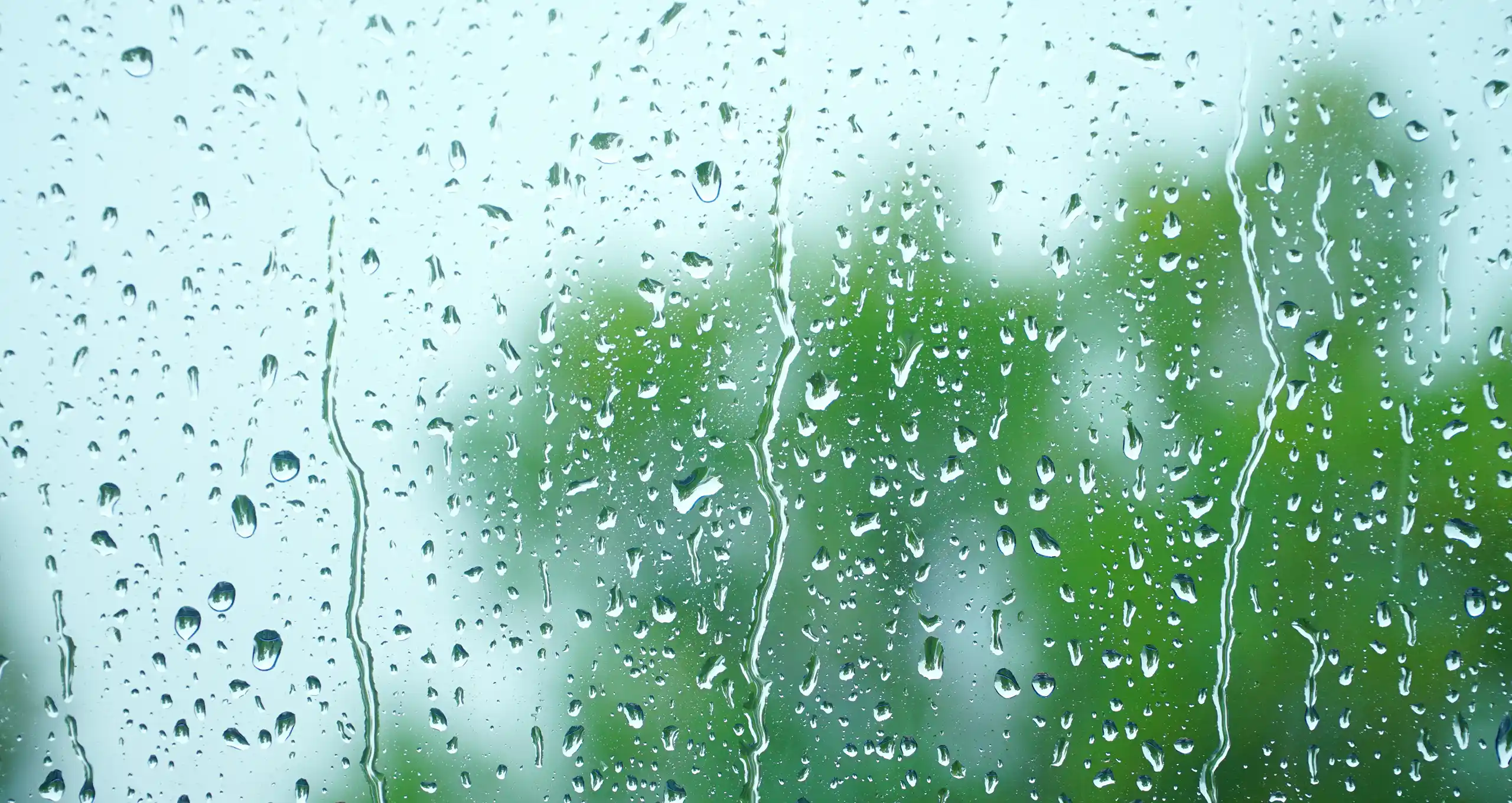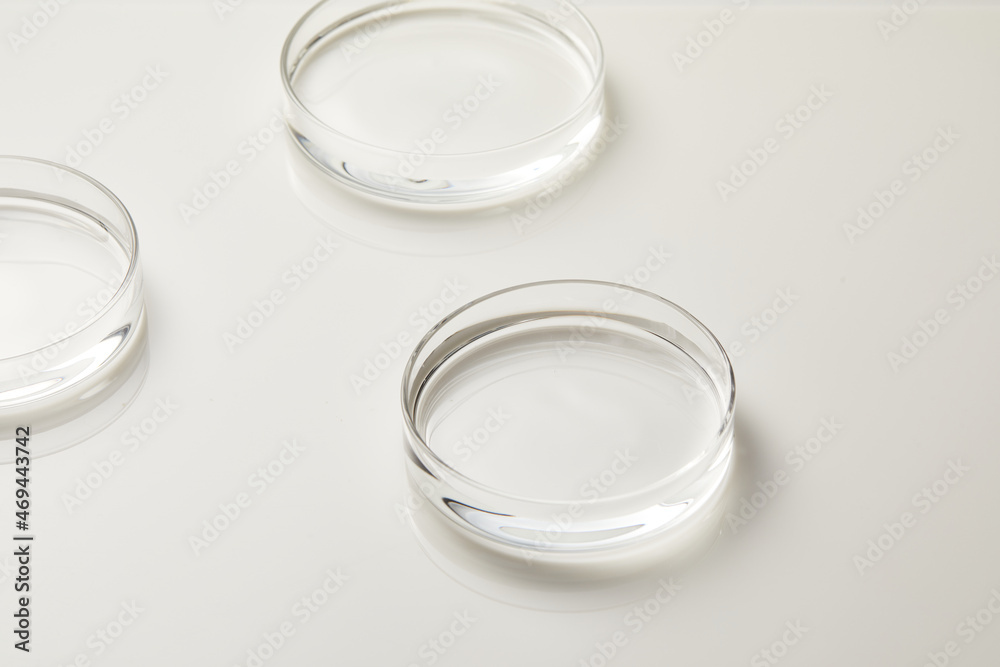
Harvesting Rainwater? Ensure Its Safety with Comprehensive Testing
Collecting rainwater can be a sustainable way to supplement your water needs for drinking or irrigation in Oregon. However, just because it falls from the sky doesn’t mean it’s inherently pure. As rainwater travels through the atmosphere and over surfaces, it can pick up various contaminants. For those relying on rainwater for drinking or irrigating crops, regular and thorough testing is essential to protect your health and the health of your garden.
Why Testing Rainwater is Crucial for Drinking and Irrigation
While seemingly clean, harvested rainwater can be susceptible to contamination from a variety of sources:
Rain can absorb pollutants like dust, pollen, smoke, industrial emissions, and vehicle exhaust as it falls through the air.
Your roof, gutters, and collection tanks can harbor bird droppings, leaves, debris, moss, and other materials that can introduce bacteria, chemicals, and sediment into your harvested water.
Improperly maintained storage tanks can become breeding grounds for bacteria, algae, and other microorganisms.
Components of your collection and storage system (roofing materials, pipes, tanks) can leach small amounts of chemicals into the water.
Direct access by animals or pests to collection surfaces or storage can introduce harmful pathogens.
Common Water Tests for Harvested Rainwater
The specific tests you need will depend on your intended use (drinking or irrigation) and potential sources of contamination in your environment. Here are some common and important tests for harvested rainwater:
1. Microbiological Testing
Total Coliform and E. coli: Indicators of fecal contamination.
Fecal Coliform: Another measure of fecal contamination.
pH: Affects the taste and corrosiveness of water and can influence the effectiveness of disinfection.
2. Chemical Testing (Basic)
Naturally occurring and human-introduced inorganic substances are crucial to monitor.
Nitrate and Nitrite: Can originate from atmospheric deposition.
Lead and Copper: May leach from collection or plumbing components.
Total Dissolved Solids (TDS): Can affect taste.
3. Physical Parameters
Turbidity: Measures the cloudiness of the water, indicating the presence of suspended particles that can harbor contaminants.
Color and Odor: Can indicate the presence of organic matter or other contaminants.
4. Optional Chemical Testing (Based on Location and Concerns)
Heavy Metals (Arsenic, Mercury, Cadmium): May be present in industrial areas or due to certain roofing materials.
Volatile Organic Compounds (VOCs): Can be present in areas with industrial emissions.
Pesticides and Herbicides: If you live near agricultural areas.
Physical Parameters
Turbidity: Measures the cloudiness of the water, indicating suspended particles that can clog irrigation systems or affect water palatability for livestock.
Temperature: Can impact water quality and animal consumption.
Sediment: Can clog irrigation systems and carry contaminants.

1. Microbiological Testing (Basic)
Total Coliform and E. coli: To assess the potential for contamination of edible crops.
pH: Important for plant health and nutrient availability in the soil.
2. Chemical Testing (Basic)
Naturally occurring and human-introduced inorganic substances are crucial to monitor.
Total Dissolved Solids (TDS) or Electrical Conductivity (EC): Indicates the salinity of the water, which can affect plant growth.
Specific Ions (Sodium, Chloride, Boron): High levels can be toxic to certain plants.
3. Physical Parameters
Turbidity: High levels can clog irrigation systems.
Physical Parameters
Turbidity: Measures the cloudiness of the water, indicating suspended particles that can clog irrigation systems or affect water palatability for livestock.
Temperature: Can impact water quality and animal consumption.
Sediment: Can clog irrigation systems and carry contaminants.

Alexin Labs: Your Partner in Ensuring the Safe Use of Harvested Rainwater
If you are collecting rainwater for drinking or irrigation in Oregon, Alexin Labs can provide the accurate and reliable testing services you need to understand its quality and potential risks. Our experienced team can help you determine the appropriate testing panel based on your intended use and local environmental factors.
Don’t assume your harvested rainwater is safe. Proactive testing is a responsible step towards protecting your health and the health of your garden. Contact Alexin Labs today for a consultation and to schedule your rainwater analysis. Let us help you use this valuable resource safely and sustainably.
